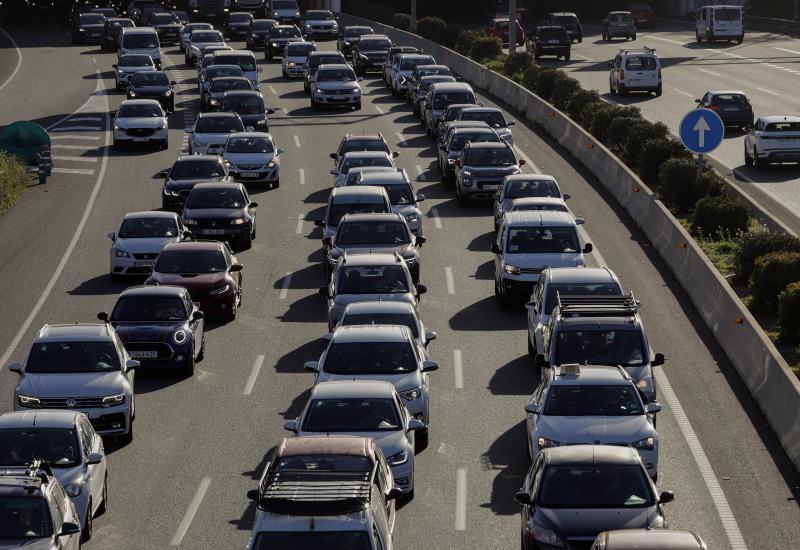Copyright majorcadailybulletin

What are people protesting about? The Balearics was the autonomous community with the greatest improvement in quality of life in 2024, after growing 0.77 points compared to the previous year and reaching 103.13 points on the Multidimensional Quality of Life Index (IMCV), according to data published on Friday by the National Institute of Statistics. According to the same data, the Balearics ranks sixth among the autonomous communities in terms of quality of life. The report analyses nine dimensions: material living conditions, work, health, education, leisure and social relations, physical and personal security, governance and basic rights, environment and general life experience. The Balearics have improved in all categories except physical and personal safety and leisure and social relations, which show a slight decline. Governance and basic rights remain unchanged. The INE also published a new update of the Quality of Life Indicators survey on Friday, with an approach to measuring well-being that goes beyond traditional economic indicators, incorporating a multidimensional perspective. According to this data, the average income in the region has grown by more than 50% in a decade to reach an average of €23,689 in 2024. The population at risk of poverty has fallen from 17.9% to 11.3% over the same period. The survey indicates that 5.6% of the population has great difficulty making ends meet, about ten points less than in 2014, but slightly more than the previous year. In terms of employment, the survey indicates a four-point decrease between 2013 and 2023 in the percentage of the population with low wages, down to 10.5%. According to INE data, in 2024, 46.2% worked between 40 and 48 hours per week and 6.4% worked more than 49 hours. The survey released on Friday also indicates that in 2023, life expectancy at birth in the Balearics was 83.7 years, one year more than a decade earlier. However, the number of people suffering from a chronic illness is growing, up to 32.1%, six points more than a decade ago. In terms of education, the number of Balearic residents with higher education is growing, reaching 31.8% in 2024. In the same year, early school leaving had fallen by 12 points since 2014 to 20.1%. The INE survey also addresses physical and personal safety and reports that in 2023 in the Balearics, 12.6% said they suffered from crime problems, one point more than ten years earlier. The data also points to an increase in the crime rate, but a decrease in homicides. On the other hand, the data points to a decline in satisfaction with personal relationships. In the Environment section, in 2023, 9.5% of the Balearic population said they suffered from pollution problems and 22.7% said they had problems with noise produced by neighbours or outside.



